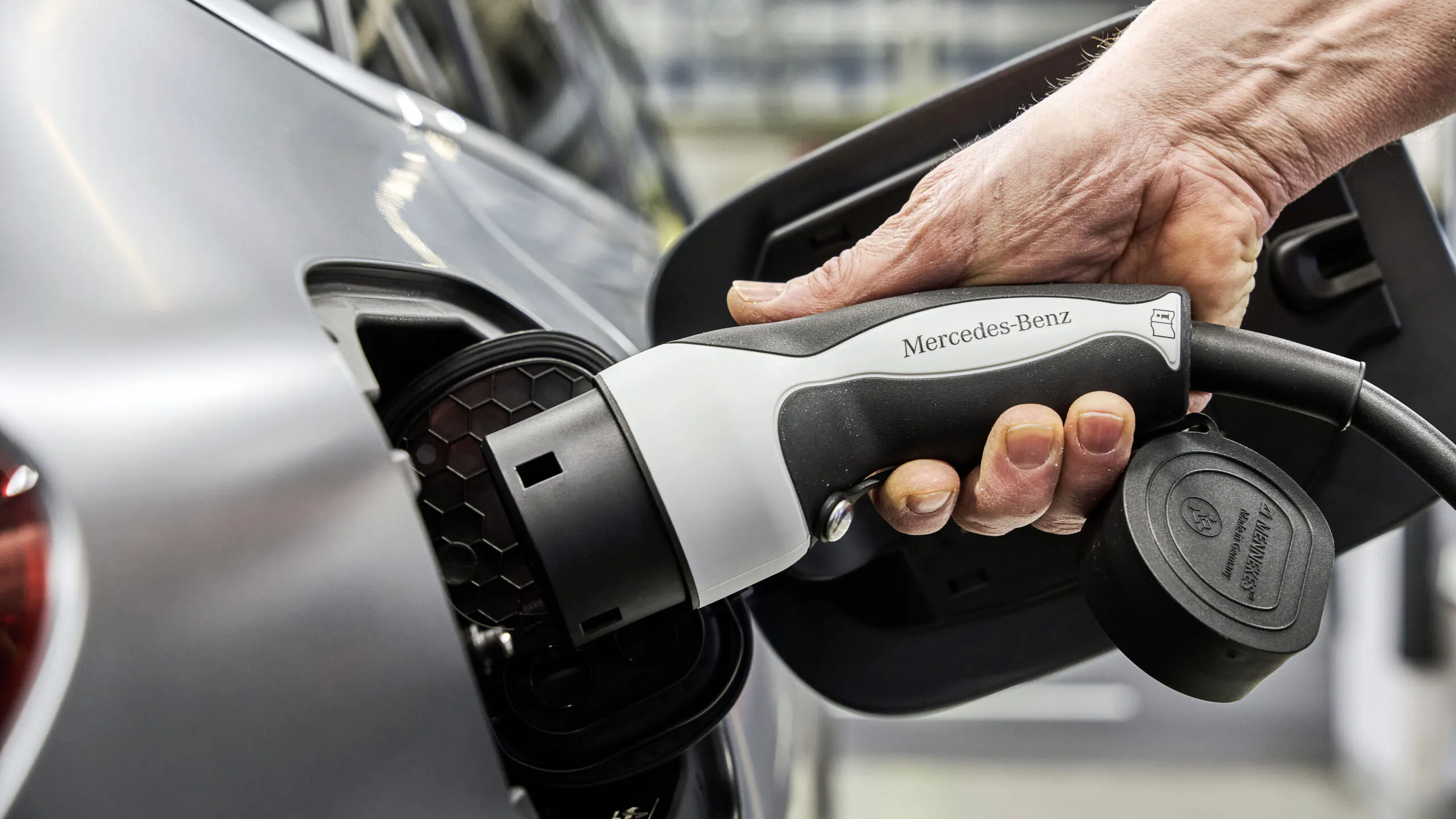Switzerland is considering banning electric vehicles for non-essential travel this winter as the continent deals with an energy crisis sparked by Russia’s war in Ukraine.
The Telegraph reported that government officials have already drafted plans to conserve energy that could include limiting heat in buildings to no more than 68 degrees Fahrenheit and reducing the number of hours stores can be open.
Stricter measures could be enacted, including banning large indoor gatherings like sporting events, concerts, and theatre events, the report said.
Switzerland relies heavily on hydroelectric power, which constitutes nearly two-thirds of its energy supply, the excess of which it exports during the time of year that it can generate the most electricity from rain and snowfall, the report said. It then typically is forced to import energy during the rest of the year as its nuclear resources, which it has been working to phase out, and its fossil fuel resources are not enough to meet demand.
The country has created a two-tier system for dealing with the energy shortage: emergency and crisis.
When in the “emergency” tier, there are three levels of restrictions, and in the “crisis” tier, there are two levels.
Electric vehicles would face restrictions in the third level of the emergency tier.
In late August, officials in California unveiled a plan to phase out new gas-powered cars and days later asked residents to avoid charging their electric vehicles in the interest of not overwhelming the power grid during a heat wave.
The warnings of low grid capacity came days after the California Air Resources Board issued new rules requiring 35% of new vehicles to produce zero emissions by 2026 — a standard that will rise to a 68% benchmark by 2030 and a 100% level by 2035. Yet experts have warned that the state’s electric grid will require significant upgrades to manage a rapid transition away from internal combustion vehicles.
“Today, most people charge their electric cars when they come home in the evening — when electricity demand is typically at its peak,” according to researchers at Cornell University’s College of Engineering. “If left unmanaged, the power demanded from many electric vehicles charging simultaneously in the evening will amplify existing peak loads, potentially outstripping the grid’s current capacity to meet demand.”
Ben Zeisloft contributed to this report.

.png)
.png)

